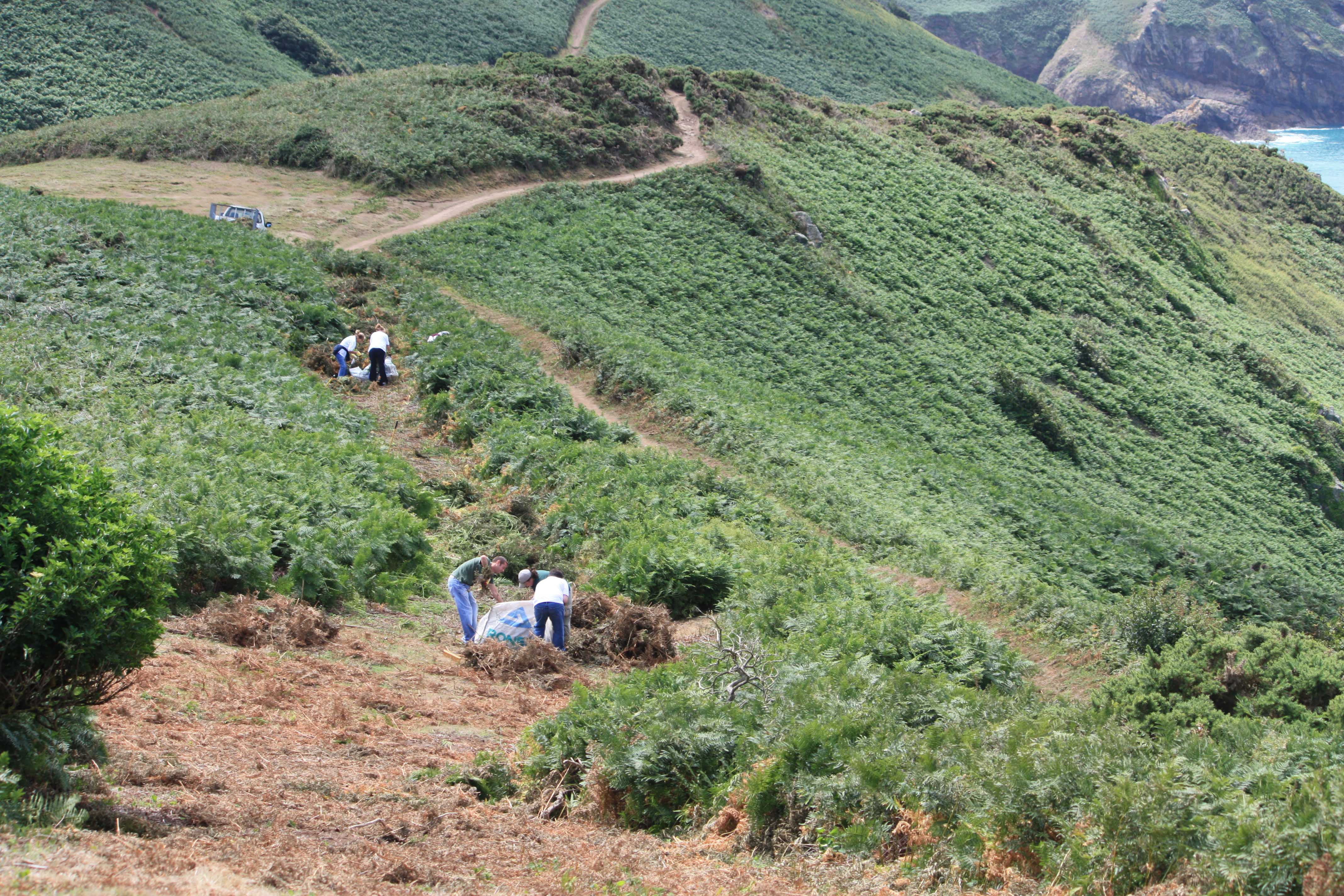Implementation Approach: Virtual Actions after planning and engagement– Due to Covid
In the period at the end of 2019 and beginning of 2020, together with the Community Association, dialogues began to plan the implementation of the EbA proposal. The suggestions of residents, city hall technicians and the GIZ team were observed. However, in February and March 2020 there were torrential rains (extreme events) that caused landslides on Monte Serrat and other hills in the municipality, causing death in some of them and destruction of homes, making it impossible to continue the work.
While the community was recovering and restructuring, the COVID pandemic began and, with that, the cancellation of all the activities of the actors involved. During this period, the community also remained united, seeking to minimize the damage caused by job losses and illnesses caused by the pandemic.
In the brief period between the end of the rains and the beginning of the pandemic, the city's technicians started to recover the slopes of some hills by planting native species according to the EbA methodology learned. However, the pandemic prevented the continuation of all work on Monte Serrat and on the other hills.
After adapting to the new pandemic scenario, during 2020 and 2021 virtual meetings were held in order to monitor the situation of the community, to resume activities and plan the Communication project.
